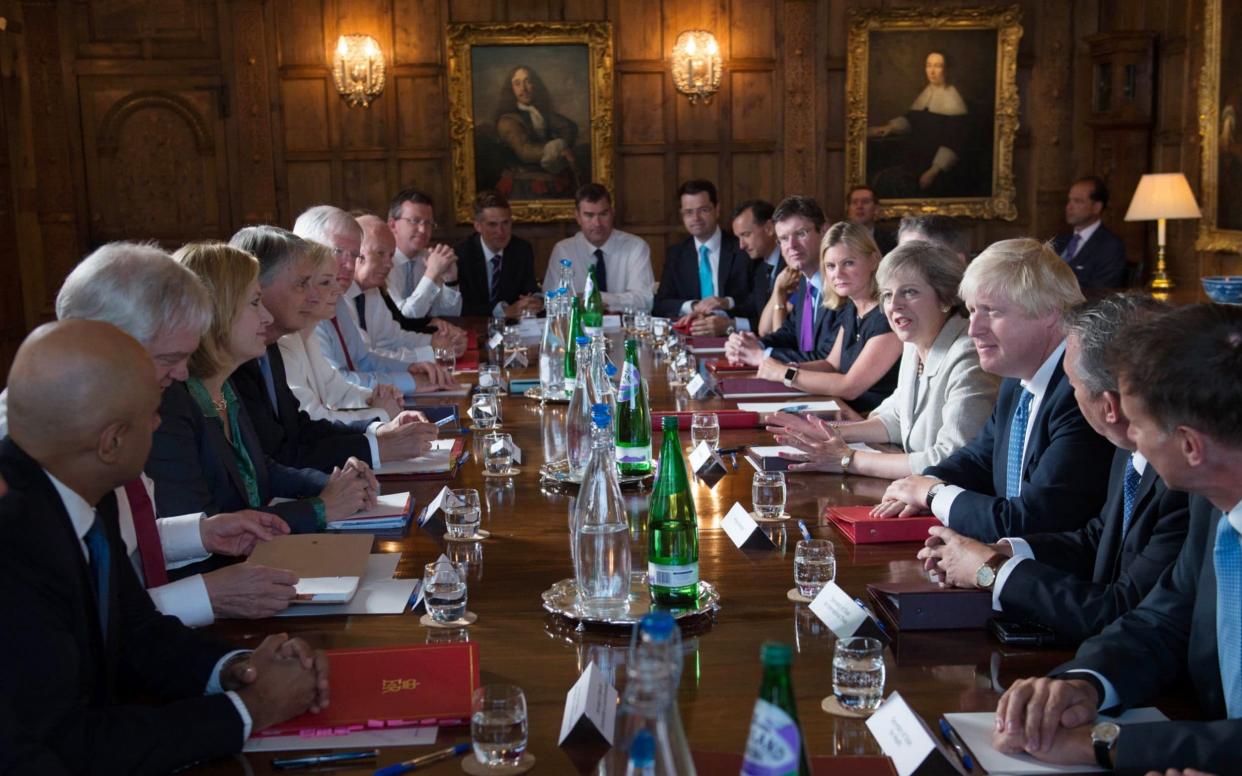Brexit Bulletin: Converging over divergence

Good afternoon.
The terms of Britain’s divorce have been agreed, so Theresa May is moving onto the terms of its transition out of the European Union. This period, she explained in the Telegraph over the weekend, would be needed in order to give “businesses and families the time they need to implement the changes required for our future partnership”. The Prime Minister did not back down when MPs posed her awkward questions about the transition this afternoon. For example, Jacob Rees-Mogg warned that the EU’s proposed terms would leave Britain as a “serf”. Some could have asked how easily she could thrash it out until she decides where Britain should end up after transition.
The cabinet has started to discuss today how closely Britain should follow the EU after leaving. Mrs May told her colleagues that they should “aim high” instead of settling for off-the-shelf models pushed by Michel Barnier. Her ministers have yet to agree on a vision for Britain’s future relationship, but my colleague Gordon Rayner understands that Brexiteers like Boris Johnson and Michael Gove are winning the argument by pushing for Britain to diverge from EU rules in order to make the most of its ability to strike trade deals with countries outside of Europe. A “majority” of those present, including Damian Green and Greg Clark, were sympathetic to the idea of “gradual divergence” from the EU, rather than a sudden break. Philip Hammond and Amber Rudd have been among the most resistant to the case for divergence. Today’s debate, held among members of a special 10-strong committee, will continue tomorrow with the entire cabinet taking part.
What sort of deal might await Britain after its transition? Monsieur Barnier insisted to Prospect magazine that it wouldn't be a bespoke deal, arguing that Britain had to face the “consequences” of leaving. However, his adviser Stefaan de Rynch suggested to Chatham House today that one could be possible. He isn’t the only one to strike a better tone. Belgian prime minister Charles Michel has suggested that the EU might assent to a “Canada +++” arrangement with Britain, a robustly chipper Leo McKinstry points out. “It suits the vanity of politicians – on all sides – to overplay the problems, so that they can portray themselves as indefatigable heroes when a deal is finally struck”, he concludes. “All we are really talking about is an adjustment in regional trading arrangements. Compared to the conquest of space or the development of digital technology, even this essentially simple task should not be beyond the capability of European politicians.”
This is an extract from my afternoon Brexit Bulletin. To get it straight to your inbox, with much more featured, sign up below
Brexit Bulletin An essential briefing on the day’s politics news - free and direct to your inbox each afternoon Sign up View sample

 Yahoo News
Yahoo News 
